 |
| May 12, 2021 |
 |
| |
| |
| |
| |
| Arts & Culture When Racism Waits along the Academic Path For structural engineer and entrepreneur Nehemiah Mabry, a racist remark made to him in graduate school provided all the motivation he needed to open doors into academia for others | | | | |
| Public Health Decoded: What Is a Virus, Exactly? These sometimes deadly packets of genetic information are more numerous in number than the stars in the cosmos |  | By Michael Tabb,Andrea Gawrylewski,Jeffery DelViscio | | | |
| Space How Much Time Does Humanity Have Left? Statistics tell us that individuals are most likely to be somewhere around the middle part of our lives; the same could be true of the human race | | | | |
| |
| |
| Behavior & Society How Each of Us Can Prepare for the Next Pandemic Cooperative Extension programs have a long history of teaching readiness and survival skills—and with more funding, they could help us get ready for future outbreaks | | By Athena Aktipis,Keith G. Tidball | | | |
| |
FROM THE STORE
 | | | |
| |
FROM THE ARCHIVE
 | | | |
LATEST ISSUES
 |
| |
| Questions? Comments?  | |
| Download the Scientific American App |
| |
| |




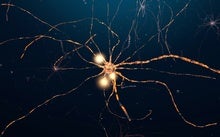

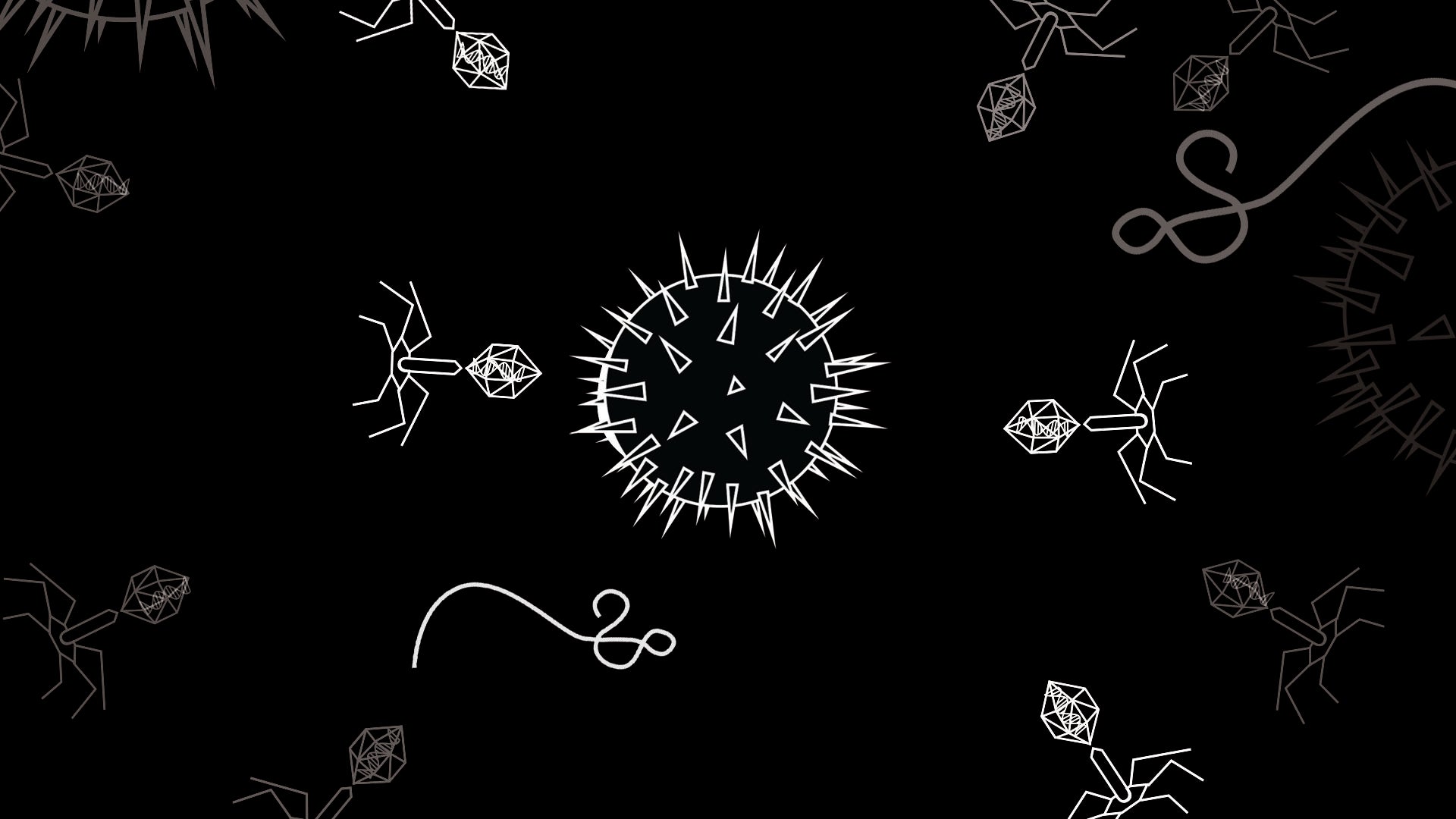

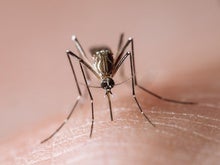



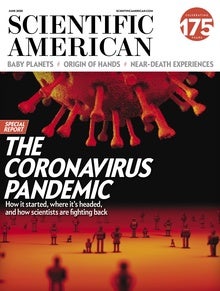




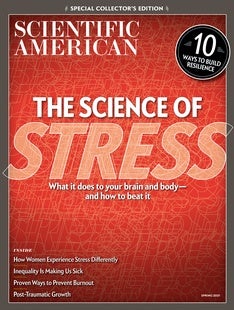



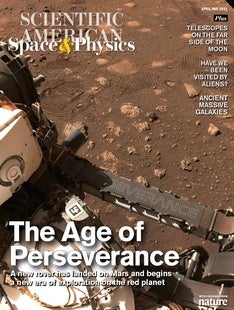



Comments
Post a Comment